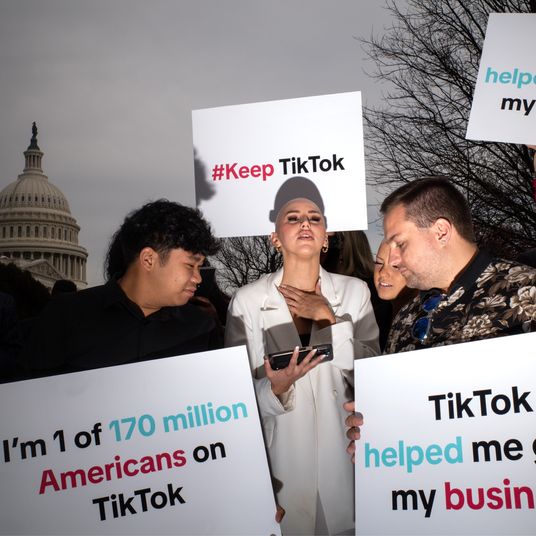
I would never try to cheat and Google an answer for HQ Trivia. It’s not so much a matter of honor, but the fact that it’s impossible to Google quickly enough, and then read and parse Google results, to get the right answer.
But for a computer? Not so difficult.
Developer Stephen Cognetta has a Medium post detailing a script he put together that can, he says, win about 70 to 80 percent of HQ Trivia games. It works using a dead-simple combination of a program that scans the question and answer, and Google. (It should be noted that Cognetta did this using YouTube playbacks of HQ games — it would be against the app’s terms of service to do this on a live broadcast.)
More specifically, Cognetta mirrors HQ Trivia to a computer screen, and then uses the Tesseract OCR (or optical character recognition) library to quickly grab the text of the question and answers. Cognetta then uses a combination of three different types of Google queries to find the correct answer.
The first is simply dumping the question (e.g. “What is the Epipremnum aureum house plant also known as?”) into a search box, which Cognetta says works about 50 percent of the time. Cognetta is still using a human to input the actual answer, so this relies on the correct answer being at the top of Google and easily readable for someone to be able to still have time to input the answer within the time limit.
This approach works about 50 percent of the time, but can fall short on questions where much of the information is actually contained in the answers, such as “Which of these home video-game consoles came first?” — with potential answers being “Magnavox Odyssey,” “Fairchild Channel F,” or “Coleco Telstar.” Which leads to the second type of Google query, which is dumping the question into Google and then counting how many times each answer appears on the first page of Google results. The answer that appears most often on the first page of Google results is often the correct answer — though it can be thrown if one of the answers is much more well-known (and therefore appears in Google results more often), even if that answer is also incorrect.
Cognetta’s third query is to run three separate Google queries for the question combined with the answer, and then counting the total search results for each query. The query with the most results is often the correct answer, though the broad popularity of a wrong answer can again throw off results here.
Cognetta says that using this script to run all three types of Google searches at once, and then present him with the results for each, allows him to make it through all 12 questions in HQ Trivia about 70 to 80 percent of the time.
Cognetta isn’t the first to work up a way to cheat at HQ Trivia. Developer David Hariri detailed a somewhat similar approach in mid-November that used optical character recognition in combination with Wikipedia. University student Toby Mellor built a script that used a screenshot and then used Google’s Vision API to quickly search for results.
But Cognetta is nothing if not helpful. He offers up ways that HQ Trivia could prevent scripts like the one he has written (and, to my untrained eye, would also stop the other two scripts previously released). The first is just using image-masking techniques to make the questions and answers harder for OCR programs to parse. The second is intentionally using “hard to Google” phrasing in its questions and answers, such as using images for the potential answers. (To be fair, it appears HQ already takes steps to make some of its questions difficult to Google.) The last is simply running a version of Cognetta’s script against potential questions and answers for HQ Trivia, and intentionally creating three or four questions and answers each game that would fool Cognetta’s automated approach, while still being easy enough for a human with a decent knowledge of trivia to answer.
But that three separate people have all come up with ways to cheat at HQ Trivia perhaps points to a bigger issue. Because HQ Trivia offers up real money to winners, there’s a small but real built-in financial incentive for anyone with time on their hands to use approaches like this. And an HQ Trivia app infected with users assisted by bots or scripts would quickly become wildly unfun to play for the rest of us plebes who don’t want to mirror our phones to a computer and run a script every day at 3 p.m. and 9 p.m. ET.
The one saving grace HQ Trivia has: As it’s exploded in popularity, I’ve found that the video stuttering and lag that previously only happened during the intro portion have crept into the questions-and-answers section, meaning that the text of a question (and the ability to input an answer) would only appear in the final few seconds of a question, if at all. While this makes it hard for a human to answer questions, it also stymies a script or bot attempting to scrape the text of the questions and answers. Lag Daddy, you may save us all.





























